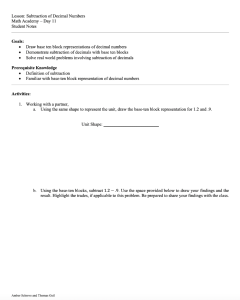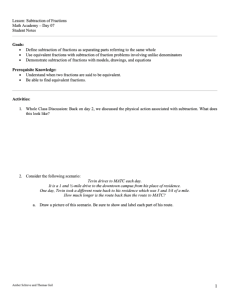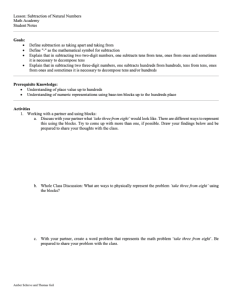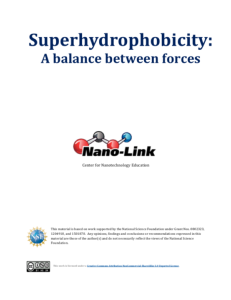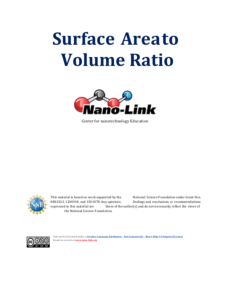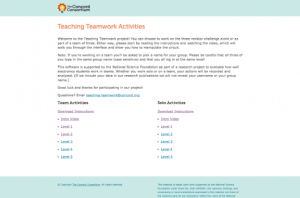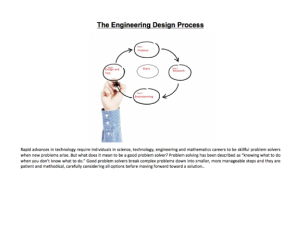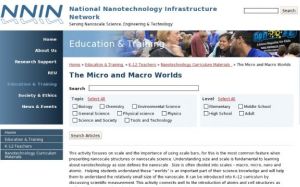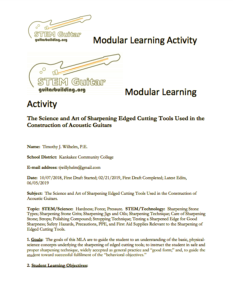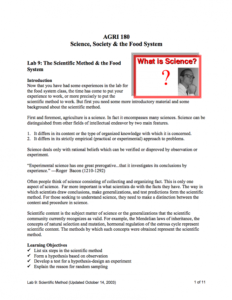Browse Resources
Instructional Material -- Activity
Resources | |
|---|---|
This lesson plan, from the Contextualize to Learn project at the University of Wisconsin-Madison, is an exploration in the subtraction of decimal numbers. In this lesson, students work individually and in pairs to solve application problems using multiple methods. This lesson plan includes both...
This lesson plan, from the Contextualize to Learn project at the University of Wisconsin-Madison, provides an opportunity for students to explore subtracting fractions with like and unlike denominators. In this lesson, students work in pairs to demonstrate subtraction of fractions with models,...
This lesson plan, from the Contextualize to Learn project at the University of Wisconsin-Madison, is an exploration done with base-ten blocks. In this activity, students are paired up and work to define subtraction as taking apart and taking from. Students will also discuss subtracting two and three...
Module Description:
This module was created by the Center for Nanotechnology Education (Nano-Link) and introduces students to superhydrophobicity. Science and nanoscience concepts covered during the module include molecular bonds, electron density concepts and molecular modeling, atomic and...
Module Description:
This module was created by the Center for Nanotechnology Education (Nano-Link) and introduces students to surface area to volume ratio concepts. "This simple activity conveys one of the most profound aspects of Nanoscience - that for a given volume of material the total...
This website, provided by the Concord Consortium, includes interactive resistor activities for teams and individuals. The goal of the activities is to adjust three variable resistors to achieve the provided goal voltage. PDF instructions, an introduction video, and five activity levels are included....
This 14-page document, provided by the New England Board of Higher Education, is an activity on problem solving and the engineering design process. This activity has users break down a complex problem into smaller and more manageable steps. Steps include: 1. Problem, 2. Research-Asking and Answering...
This lesson, presented by the National Nanotechnology Infrastructure Network, covers the general concepts of size and scale by discussing the micro and macro worlds. The activity focuses on using scale bars as this is "the most common feature when presenting nanoscale structures or naonoscale...
These learning resources, made available by the STEM Guitar Project, are all part of a modular learning activity (MLA) on sharpening edged cutting tools used in the construction of acoustic guitars. The goals of this MLA is to "guide the student to an understanding of the basic, physical science...
This 11-page lab activity is provided by AgroKnowledge and focuses on the scientific method and the food system. During this activity students will brainstorm ideas for conducting a scientific investigation of the food system, develop a hypothesis, design an experiment to test the hypothesis, and...
| |
| ← Previous | Next → |
